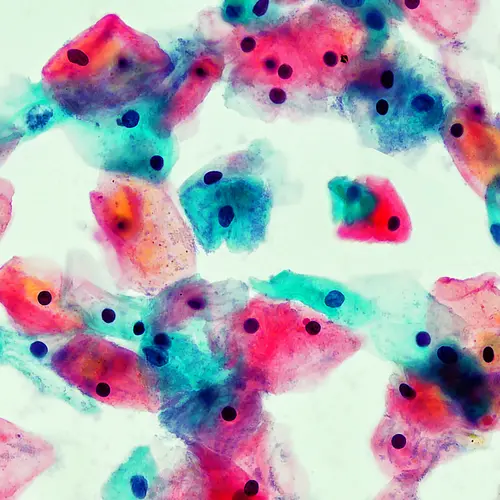Clinical Trials and Immunotherapy: What to Know

Hide Video Transcript
Video Transcript
[MUSIC PLAYING] JEAN KOFF: Before an immunotherapy ever reaches a patient, there's lots and lots of research that's done on what we call the preclinical side of things. And once we have enough evidence that the immunotherapy will be both effective for our given patient or given cancer and will be safe, then we bring that immunotherapy to clinical trials.
A clinical trial involves cancer patients, where we can see whether patients who receive immunotherapy gain benefit from it, either by control of their cancer or a longer survival, and whether it's a safe treatment. So determining what the risks are, what the possible side effects are, how easily patients are able to get the therapy and tolerate it.
Patients should definitely be encouraged to ask their treating oncologist about the availability of trials in their area for which you might be a good candidate. There's also lots of networks of oncologists. We talk to each other to figure out whether there might be trials that fit for a particular patient. [MUSIC PLAYING]
A clinical trial involves cancer patients, where we can see whether patients who receive immunotherapy gain benefit from it, either by control of their cancer or a longer survival, and whether it's a safe treatment. So determining what the risks are, what the possible side effects are, how easily patients are able to get the therapy and tolerate it.
Patients should definitely be encouraged to ask their treating oncologist about the availability of trials in their area for which you might be a good candidate. There's also lots of networks of oncologists. We talk to each other to figure out whether there might be trials that fit for a particular patient. [MUSIC PLAYING]
